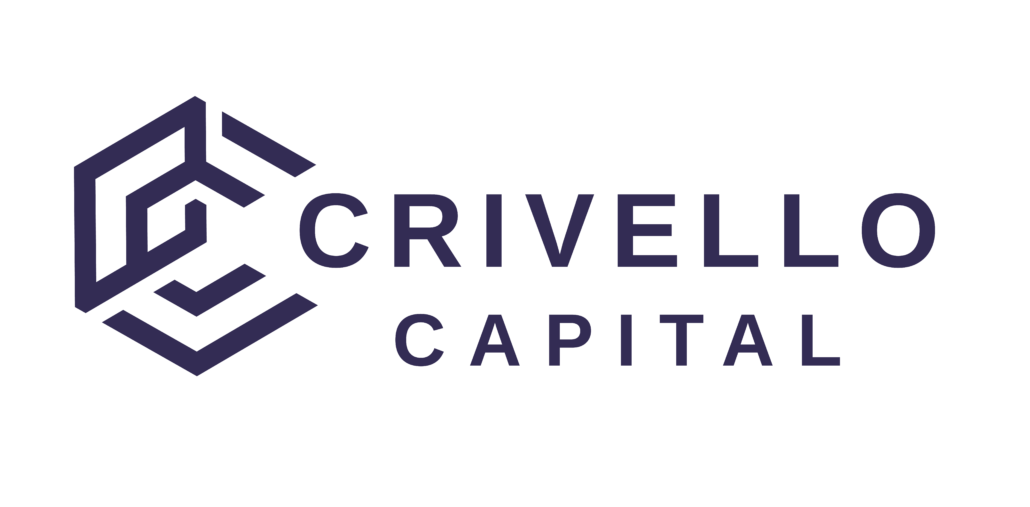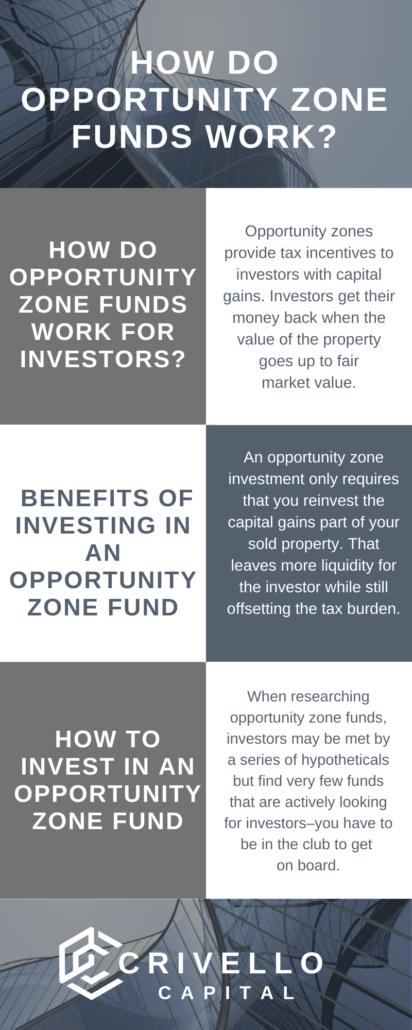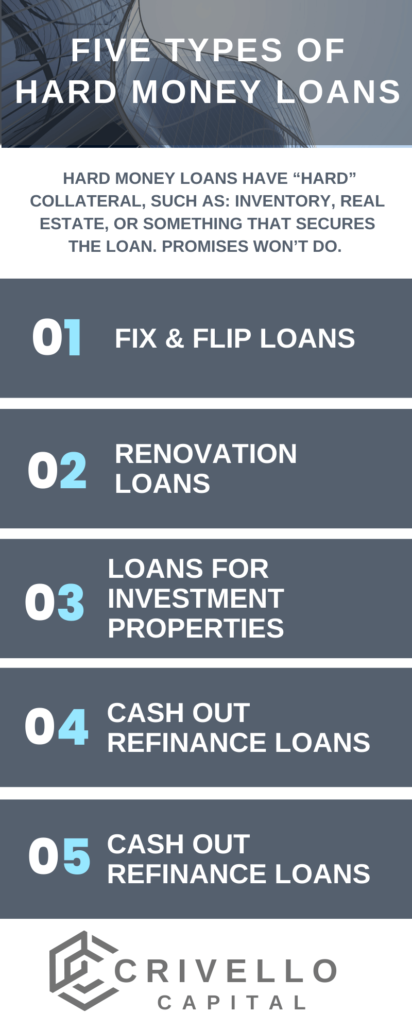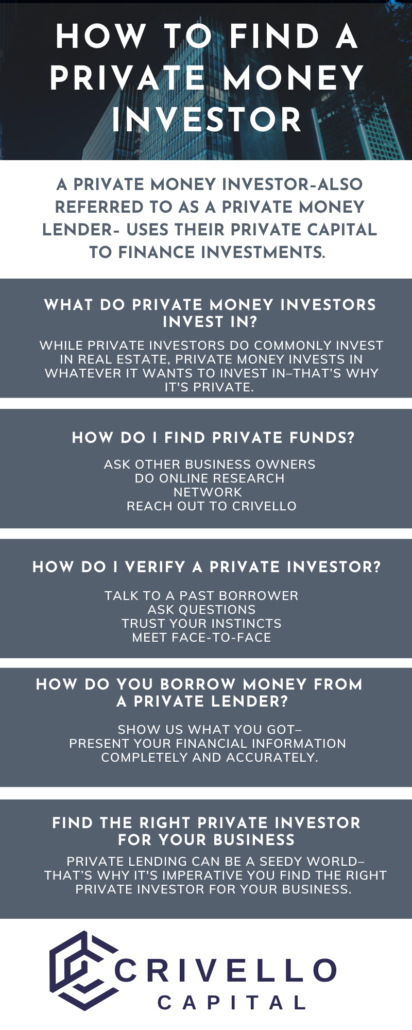If you’re like me, you gamble because it’s fun, it’s a rush, and because hey, why not? Maybe you think you know the industry so well that you can start your own online sports betting business…
The sports betting market is expected to grow by $134.06 billion by 2024, progressing at a compound annual growth rate (CAGR) of nearly 10% during the forecast period of 2020 to 2024.
Let’s review what you’ll need to know to start a successful sports betting business, starting with where it’s legal.
Where Is Sports Betting Legal?
It’s important to know the law—sports betting isn’t legal everywhere.
In 2018, the Supreme Court lifted the nationwide ban on sports betting in the United States. This decision left the legality of the practice up to each state.
Which States Have Legal Sports Betting?
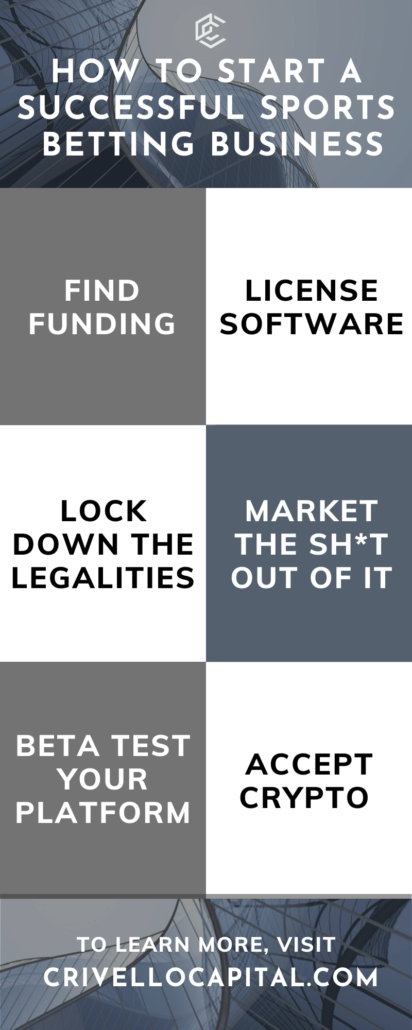
Thirty states, plus the District of Columbia, have legal legislation allowing sports betting. Five states have legal but not yet operational legislation.
The following states have legalized sports betting:
- Arizona
- Arkansas
- Colorado
- Connecticut
- Delaware
- Florida
- Illinois
- Indiana
- Iowa
- Louisiana
- Nevada
- New Hampshire
- New Jersey
- New York
- Michigan
- Mississippi
- Montana
- Oregon
- Pennsylvania
- Rhode Island
- South Dakota
- Tennessee
- Virginia
- Washington
- Not a state but Washington, D.C.
- West Virginia
- Wyoming
Which States Allow Online Sports Betting?
Of the forty states that allow some form of sports betting, 22 allow online or mobile sports betting.
Which States Are In The Process of Legalizing Sports Betting?
Maryland, Nebraska, and Ohio are in process of legalizing sports betting in some form. North Carolina, New Mexico, and Mississippi have limited sports gambling legalities.
According to the American Gaming Association, Alabama, Alaska, California, Minnesota, Missouri, and South Carolina have active or pre-filed legislation in 2022.
Where Is Sports Betting Illegal or Not Legal?
The following states do not have legal sports betting:
- Alabama
- Alaska
- Idaho
- Kentucky
- Maine
- South Carolina
- Texas
- Utah
- Vermont
- Wisconsin
For more information, check out this interactive map from American Gaming Association. (It may be a little easier to read than our lists!)
How to Set Up Your Sports Gambling Business Plan
As with any business, you’ll need to set your sports gambling business plan up right. Here are some steps you can take to start.
1. Get Money
Starting a sports betting business isn’t a cheap startup—but the opportunity to build wealth (if done right) is worth the investment.
You’ll need cash for expenses such as:
- Building out your platform (mobile and desktop)
- Lawyers
- Insurance
- Your first three months of wagers
Don’t do this on the cheap. You’re up against DraftKings, Harrah’s, and some very wealthy major players. If your platform is glitchy, unwieldy, or if it crashes, you’ll have some very angry people never coming back, trashing you on social media, and killing all your hard work.
You get one shot at this launch, it has to be five-star worthy.
Apply for capital at Crivello.
2. Decide if You’re Licensing Software (Smarter) or Building (Insane)
If you’re a coder, you don’t understand gamblers.
If you’re a gambler, you can’t code.
If you’re a savvy entrepreneur, you know you should use the wheel that exists; not try to invent a new one.
If you’re a unicorn and can do it all—good for you.
The bottom line: use license software that you already know works well.
3. Lock Down the Legalities
Get your gambling license, geofence your app, and do everything you can so that the regulators can’t say you left the garage door open when there’s a break-in. You’re going to need:
- A hell of an IT department
- A legal team
- And some complicated insurance structures (see step one)
4. Market the Sh*t Out of It
As mentioned in the “build or license” section above: You should have one person in your company who is in charge of marketing (not an assistant who also has to get you coffee). Then, outsource your marketing to an agency that knows influencer marketing (see step one… again).
With great potential upside comes great investment. You should have influencers posting about you, ads running… The works.
Decide what makes you different and reinforce it all the way to the bank.
5. Beta Test Your Platform with a Select Group
There’s nothing worse than an app that doesn’t use the right terminology for what it claims to be an expert on.
If you build it yourself and your nephew codes in the terms wrong, you’ll look like an idiot. Avoid this by testing your platform first. As we said, you have one shot at this, better make it a good one.
6. Accept Crypto and Have the Capacity for Exotic Wagers and Straight Wagers
Your platform needs to give your audience the options they want. For example:
As a sportsbook maker, you want to attract sharp punters and exotic wager action. High limits and messaging that encourages bets over a buck are going to make you a go-to destination for the real gamblers.
Or, for instance:
You run a gambling platform that attracts savvy betting enthusiasts who like to place complex, interesting bets. While you offer lower bets, $100, $500, and $1,000 bets are most common because this is the place where real gamblers bet.
In addition to knowing your audience, you should be using the correct terminology. Remember that whole ‘not-looking-like-an-idiot-thing’ we talked about?
I’ve included some basic terms below. You’re welcome.
Sports Betting and Gambling Terminology
Outright Betting: Predicting the overall winner of a tournament or playoff competition.
Moneyline: A bet made if a team will win or lose outright with no point spread.
Parlay: A bet that combines multiple games for a higher payout. The more games, the higher the risk but the greater the payout. In order for the parlay to win, each game must win or push (tie). If any of the games lose, the entire wager loses.
Full Cover Bets: Any bet which consists of all available multiple bets over a given number of selections.
Total Bet (Over/Under): A bet on the combined number of points scored by both teams in a game, including overtime/extra innings.
Round Robin: A tournament in which each competitor plays in turn against every other.
Point Spread: Margin of victory set by oddsmakers to attract bets action on both the favorite and the underdog. A favorite must win by a number higher than the point spread to cover the spread. An underdog can cover by losing by a number less than the spread or by winning the game outright.
Straight Bet: A single wager on an event.
*All gambling definitions sourced from the New York Times.
How to Get Money For Your Sports Betting Business
Do you remember the first step in setting up your sports betting business? We’ll remind you: Get cash.
Luckily, there are several options to finance your business. Read on for more about business financing types.
At Crivello Capital, we believe in responsible investments and a no-nonsense approach. Learn more about Crivello Capital and how we can help fund your business by clicking here.
